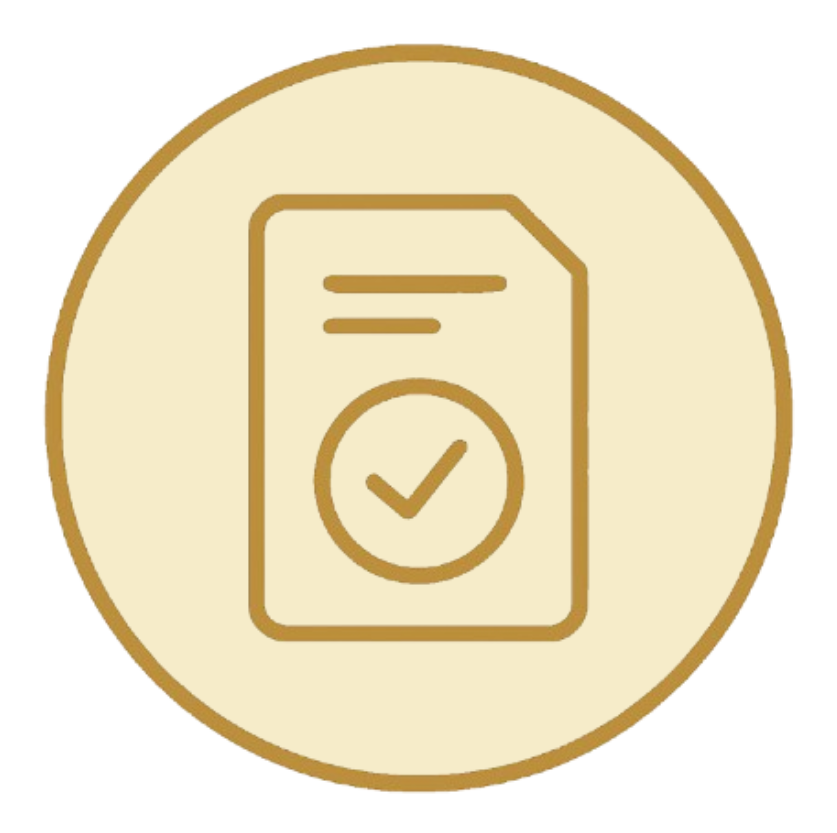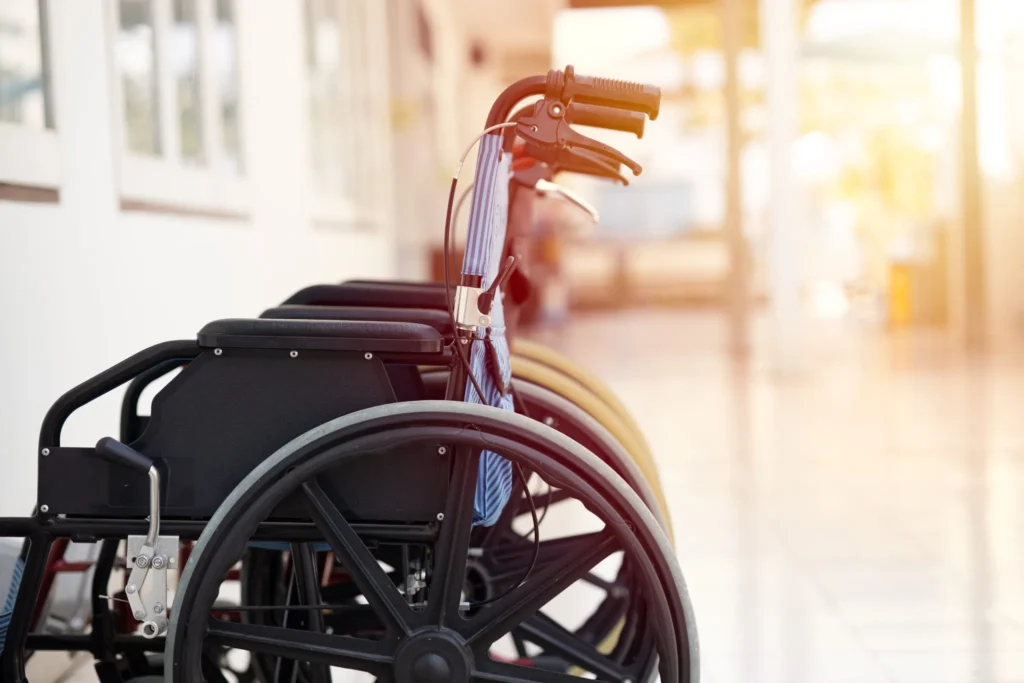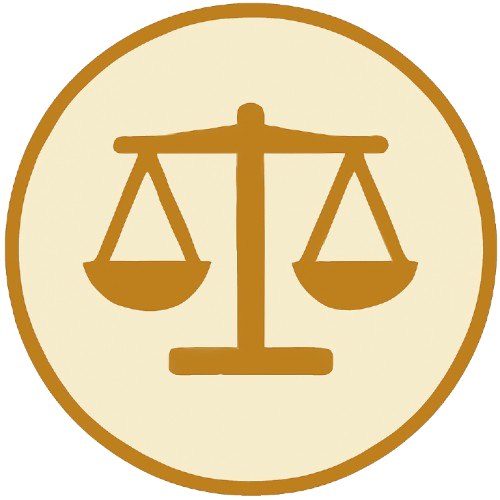Nursing home abuse and neglect cases can be particularly challenging due to the complexities of proving abuse and navigating the legal system. A skilled nursing home abuse lawyer can help you build a strong case

Proving abuse or neglect in a nursing home can be difficult, especially if the victim is unable to testify or communicate what happened. A lawyer will conduct a thorough investigation

In nursing home abuse cases, multiple parties may be held responsible, including individual caregivers, nursing home administrators, and the facility itself.

Nursing homes and their insurance companies often try to minimize liability or deny claims of abuse. If a fair settlement cannot be reached, your lawyer will file a personal injury lawsuit

Taking legal action can help ensure that the abusive behavior is stopped and that the nursing home is held accountable for failing to protect residents. In some cases, lawsuits
Nursing home abuse refers to any intentional harm or neglect inflicted upon a nursing home resident while residing at a skilled nursing facility. It can be difficult to detect.
This includes hitting, slapping, pushing, or improperly restraining a resident. Physical abuse may result in unexplained bruises, fractures, or other injuries.
Emotional abuse can involve yelling, belittling, or isolating residents, leading to feelings of fear, anxiety, or depression. Signs of emotional abuse.
Sexual abuse in nursing homes involves any non-consensual sexual contact with a resident. This can include inappropriate touching or coercion.

Victims of nursing home abuse may be entitled to several types of compensation, depending on the severity of the abuse and the impact on the victim’s health and well-being.

This includes compensation for hospital stays, surgeries, medications, and any ongoing medical care required as a result of the abuse or neglect.

In cases where the abuse was particularly egregious or intentional, the court may award punitive damages. These are designed to punish the wrongdoer

Nursing home abuse can cause significant physical and emotional pain. Compensation for pain is intended to account for the non-economic

In cases where the abuse or neglect leads to the death of a resident, surviving family members can pursue a wrongful death claim.
Discovering abuse in a nursing home can be distressing. Knowing the right actions to take can help safeguard your family member’s well-being and legal rights.

Be vigilant for unexplained injuries, sudden weight loss, emotional withdrawal, poor hygiene, or suspicious financial activity—these can signal abuse or neglect.

Keep detailed records including photos of injuries, notes on changes in behavior or condition, and any communications with nursing home staff or administrators.

Notify the nursing home management and file a complaint with your state’s long-term care regulatory agency to trigger an official investigation.

Have your loved one examined by a healthcare professional promptly to assess injuries or neglect and obtain medical documentation.

Early legal advice is critical. An attorney can guide you through investigating the case, protecting your loved one’s rights, and pursuing compensation or legal action.

The time limit varies by state but is usually between one to three years from the date of the injury. It’s important to file as soon as possible to avoid missing deadlines.
Compensation may include medical expenses, lost wages, pain and suffering, disability benefits, and other related costs depending on the specifics of your case.
Knapp Moss works exclusively on a contingency fee basis, meaning you pay nothing upfront and the firm takes a percentage of any settlement or award. We don’t make any money until we win your case and get you paid.
Case duration varies depending on complexity, insurance negotiations, and court schedules. Some cases settle within months, while others may take years.
By clicking Sign Up, you are confirming that you agree with our Terms and Conditions.